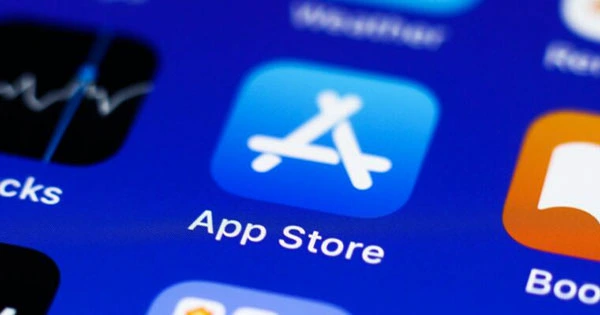According to a fresh estimate from app analytics firm Sensor Tower, the newest sweep meant to eliminate applications that are no longer being updated by their authors might remove roughly 3,000 semi-active apps, if not more. Apple said this weekend that it is cleaning up its App Store again, after Google’s revelation that its Play Store will begin blocking downloads of outdated software. Several iOS developers have taken to social media in recent days to complain that they have received letters from Apple that their older applications would be withdrawn from sale in 30 days if no upgrades are provided.
Sensor Tower reported that 2,966 applications and games that had at least 10,000 installations in 2022 might be removed during Apple’s current purge, as they were last updated before or during 2018. However, according to anecdotal developer accounts, some of their apps were updated more recently, but they still received an Apple warning letter. This suggests that the real number of applications affected might be significantly larger. When Sensor Tower looked at applications that were last updated before September 2020 (when iOS 14 was launched), it discovered that the number of apps that might be removed increased to at least 7,335. In 2022, these applications got at least 10,000 downloads.

Unfortunately, Apple’s communication with developers has been sloppy. It simply told customers that their apps would be withdrawn if they hadn’t been updated in a “substantial length of time.” Apple has yet to react to requests for comment on the situation. Apple has a history of periodically cleaning up its App Store. These App Store sweepstakes are usually created with users in mind, rather than developers. When customers look for applications and games to download, they want to know that they’re getting something that works, is optimized for their device’s screen, and is up to date with any latest security updates.
Many apps on the App Store have been abandoned and no longer satisfy these standards. Those apps might potentially be targeting outdated APIs, rendering them useless. That’s a bad user experience that Apple wants to prevent at all costs. However, the afflicted developers’ concerns show that app functioning is not always a problem. Instead, they see their software as a finished product that doesn’t need to be updated on a regular basis, analogous to a work of art. They also say that some of the applications and games affected by the purge are still viable and playable.
According to one developer, Simon Barker, his software Tap Timer, which is currently on the verge of being removed, receives no crash reports and continues to receive downloads. He concedes that the software isn’t “setting the world on fire,” but it works and stands out among other timer applications. To fulfill Apple’s requirements, the program would need to be recoded, and Barker confesses he hasn’t kept up with Swift. Meanwhile, he notes that another of his apps has had more downloads but has not received a comparable warning message. He claims that anti-developer rules are the reason he no longer develops for the App Store. Simen Gjermundsen, another developer, echoed that criticism on Twitter, claiming that his kids’ game, Motivoto, is still “completely functioning” and that the restriction is an “unfair barrier to independent developers.”
















